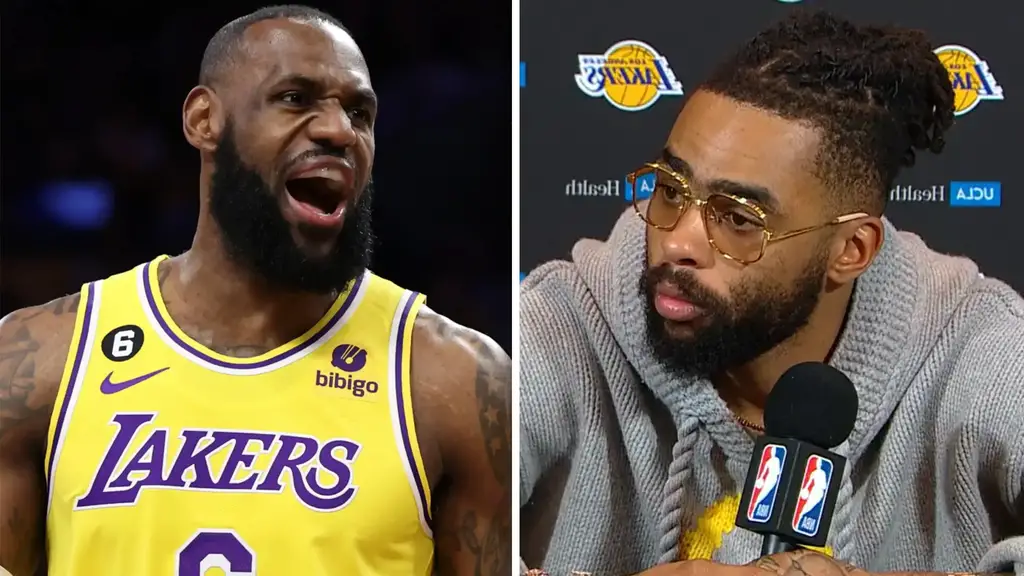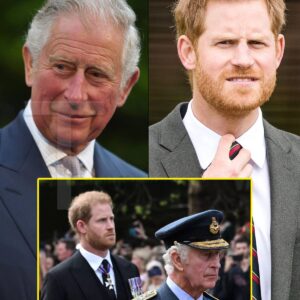
In a surprising turn of events, basketball superstar LeBron James has been removed from the US team amidst controversy surrounding his outspoken views on social and political issues. This decision has reignited the debate over “woke” culture and the role of athletes in advocating for societal change.
LeBron James, renowned for his exceptional talent on the basketball court, has also become a prominent figure in social activism. Throughout his career, James has used his platform to address issues of racial injustice, police brutality, and inequality, often speaking out against systemic issues affecting marginalized communities.
However, James’ activism has faced criticism from detractors who argue that athletes like him should focus solely on sports and refrain from engaging in political discourse. This debate highlights the tension between athletes’ right to express their views and the expectation that they remain apolitical.
The decision to remove LeBron James from the US team comes amidst growing pressure from critics who believe that James’ activism has overshadowed his role as an athlete. Officials cite concerns that James’ outspokenness could be divisive and undermine team cohesion, particularly in international competitions where representing the United States is paramount.
While James has not publicly commented on his removal from the team, his supporters view it as a form of censorship and an attack on his right to free speech. Critics, on the other hand, argue that James should prioritize his role as an athlete and refrain from using his platform for political advocacy.
The controversy surrounding LeBron James underscores broader questions about the role of athletes in society. Athletes, especially those with high profiles like James, often find themselves thrust into the spotlight as symbols of larger social and cultural movements. This visibility can empower athletes to effect positive change, but it can also subject them to heightened scrutiny and criticism.
For many athletes, activism is a deeply personal choice rooted in their experiences and values. Whether advocating for racial equality, gender justice, or environmental sustainability, athletes often see their platforms as opportunities to amplify marginalized voices and challenge entrenched systems of oppression.
The challenge for athletes like LeBron James lies in striking a balance between sportsmanship and advocacy. While many athletes excel in their respective sports, they also feel a moral imperative to use their influence for social good. This tension has sparked debates within sports communities and among fans about the boundaries of athletes’ activism.
Some argue that athletes should leverage their fame to address social issues, leveraging their influence to drive meaningful change. Others maintain that sports should remain separate from politics, asserting that athletes should prioritize their athletic responsibilities over activism.
LeBron James’ removal from the US team highlights the complexities of athlete activism in today’s hyper-connected world. As athletes continue to navigate these challenges, the future of athlete activism remains uncertain.
However, one thing is clear: athletes like LeBron James will continue to use their platforms to advocate for causes they believe in. Whether through community engagement, philanthropy, or public advocacy, athletes have the power to inspire change and shape conversations on important social issues.
LeBron James’ removal from the US team is a reminder of the power and influence athletes wield both on and off the field. As debates over woke culture and athlete activism persist, it is crucial to recognize that athletes are multifaceted individuals with the capacity to effect meaningful change.
While opinions may differ on the appropriate role of athletes in social and political discourse, one thing remains certain: athletes will continue to play a pivotal role in shaping the narratives and conversations that define our society. As we reflect on LeBron James’ legacy, let us consider the broader implications of athlete activism and the importance of amplifying diverse voices in sports and beyond.





